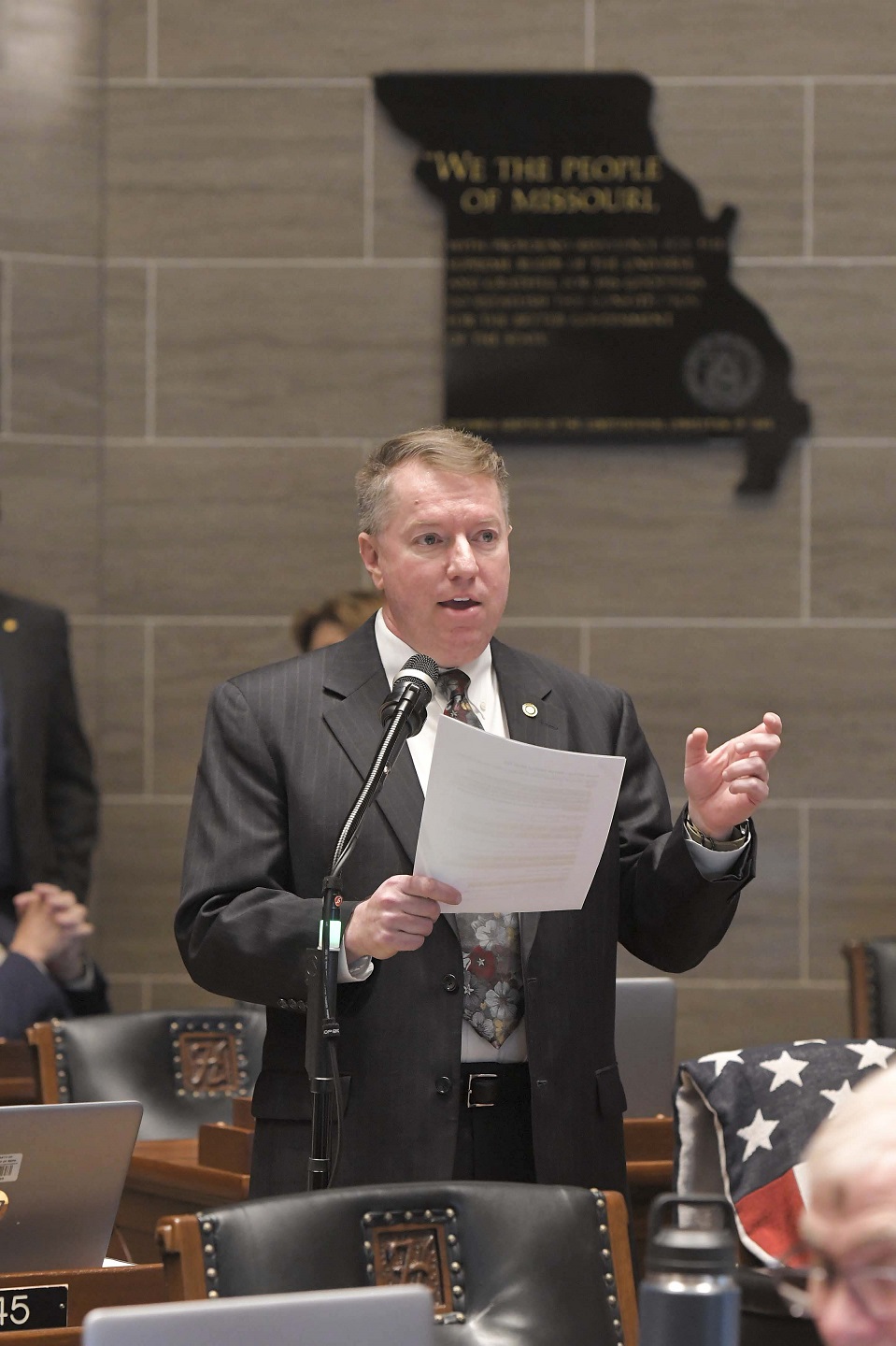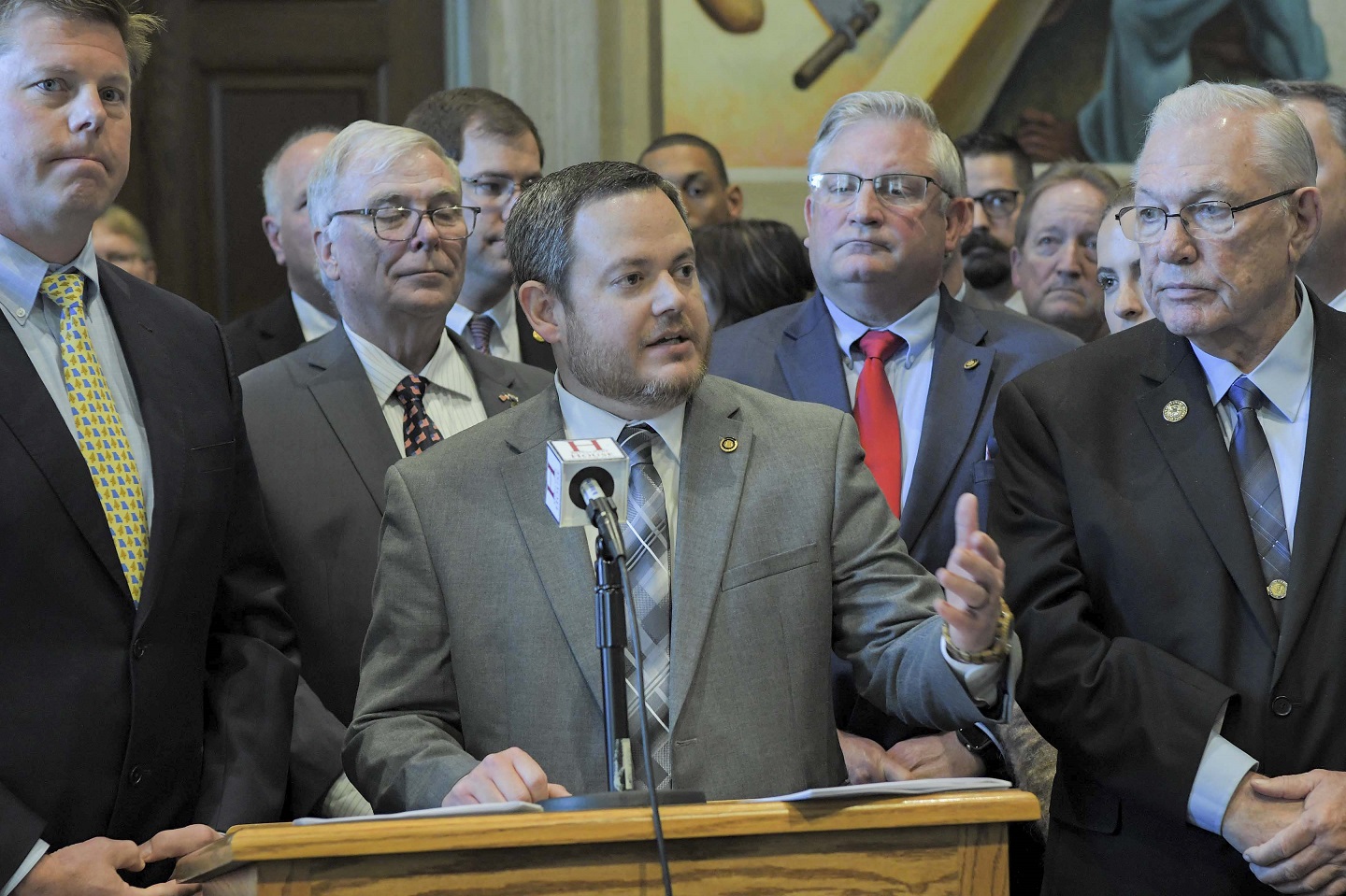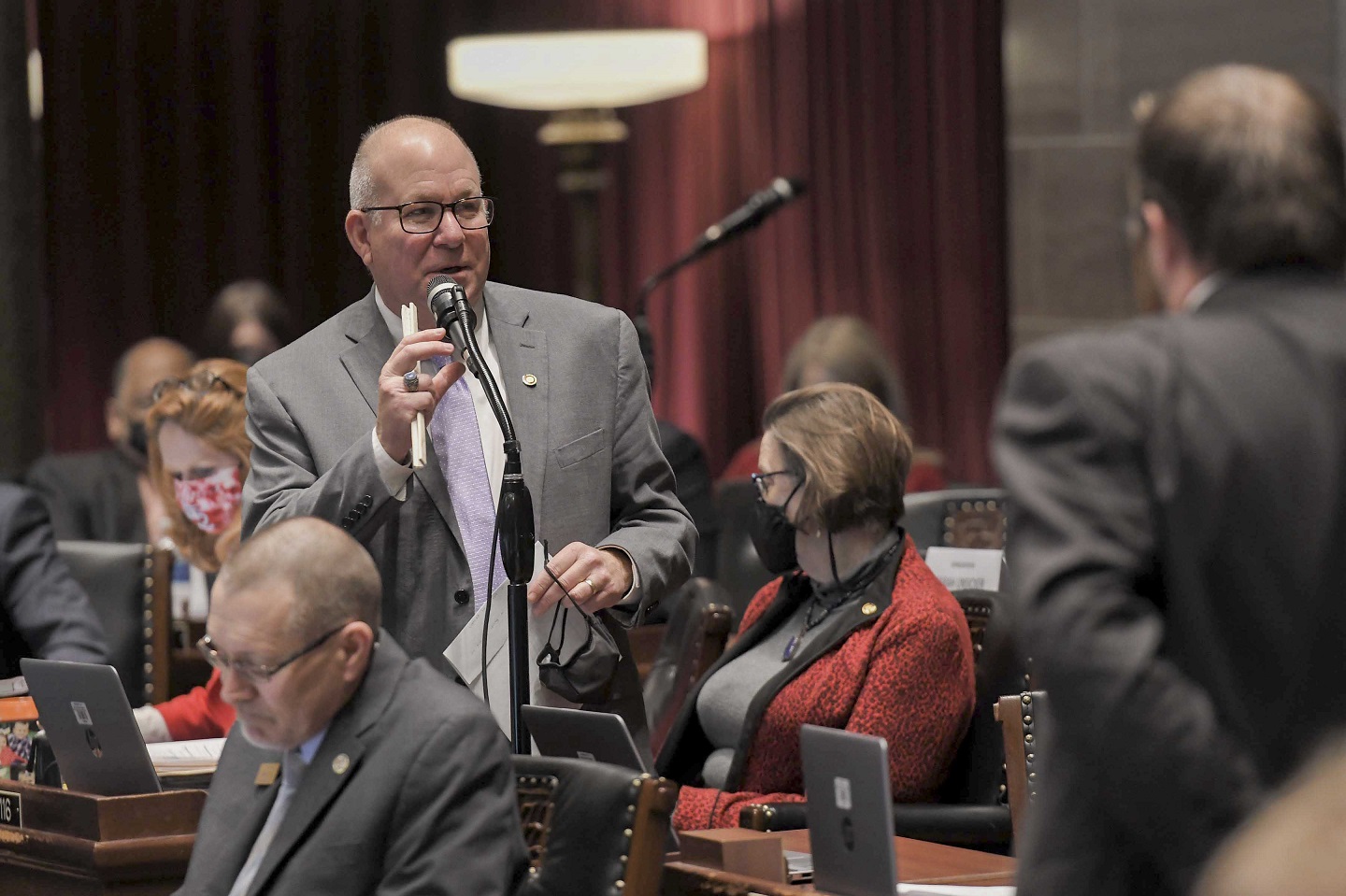More television, movie, and concert productions could be coming to Missouri after the legislature approved tax credits targeting the entertainment industry.

The “Show MO Act” created credits for up to 30 percent of qualifying expenses for live entertainment and tour expenses, if certain conditions are met. It created credits equaling 20 percent of qualifying film production expenses, with additional credits available if more conditions are met.
Senate Bill 94 had broad bipartisan support on its way through the House and Senate, and was signed into law by the governor last month.
Representative Michael O’Donnell (R-St. Louis) said with tax credits, the first consideration is always whether they are fiscally responsible.
“We really worked hard to try to make it as conservative as possible while at the same time leveling the playing field so Missouri can compete with other states,” said Cape Fair Republican Brad Hudson regarding the concert portion of SB 94. “These kinds of concerts could be held in numerous different places within our state, and we’ve seen when a big name entertainer comes to town, the kind of revenue that that generates for a community is definitely notable, and I expect that we will see more of that after this legislation takes effect.”
For an artist to qualify for the credits they must perform at least two concerts in the State of Missouri.

The only other state that offers tax credits to concert productions is Pennsylvania, which recently increased the cap on its credits due to their success. Hudson said due to geography alone, Missouri could fare even better.
O’Donnell said Missourians could also get more opportunities to see their favorite artists.
The state’s previous film tax credit program expired in 2013. Since then the state has hosted little in the way of television and motion picture filming, while some major projects – even ones set in Missouri – have gone elsewhere. The new law puts Missouri among 39 states that offer film incentives.
Representative Steve Butz (D-St. Louis) has a brother in the film and live theater industry, who this past spring moved to Georgia to film a movie that might otherwise have been filmed in Missouri.
“He, just as an actor, said hey, you know that Georgia has these film tax credits and the film industry has exploded in Georgia even to the point that Ozark, the show that was a huge success and was meant to be filmed, and it certainly is about, the Missouri Ozark region, was filmed in Georgia, as was this movie that my brother just filmed. He said it absolutely is attracting and creating a film industry,” said Butz. “He said Missouri is losing out on this. You don’t have hardly any TV shows filmed there, you don’t have movie sets coming there. They might use a few shots like to simulate something from the Midwest, or if it has to do with St. Louis or Lambert Airport or something, but they’re not actually moving the sets and the crews there.”

The benefits of having things filmed in Missouri aren’t just financial. There’s a boost to the very morale of communities, and that often spans generations.
The film tax credits are capped at $16-million dollars. In addition to the 20 percent credit for qualifying film productions, another 5 percent can be earned if at least 15 percent of production takes place in a rural or blighted area; another 5 percent can be earned if a certain number of Missourians are hired; and another 5 percent is available if the production depicts Missouri or the region in a positive light. The Department of Economic Development will decide which productions are approved.
As with all tax credits, these will be reviewed annually by the legislature to ensure that they are benefitting Missouri. As O’Donnell put it, “What’s the return on investment? The state’s taxpayers are making an investment. What are they getting back? I think in this case we’re going to find ourselves very positive.”
The legislation becomes effective August 28. The new tax credits would expire in 2030 unless a future legislature and governor agree to extend them.